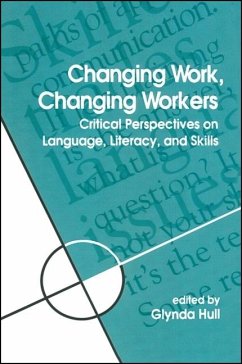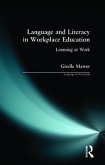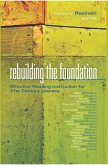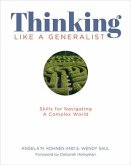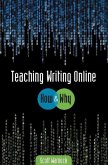This glimpse into factories, hospitals, other work settings, and work-related literacy programs, shows the massive changes in expectations for workers' "skills" in the twenty-first century, especially regarding language and literacy. "The question of what workers need to know has become big business. The workplace education world -- especially its language and literacy component -- has been invaded by hucksters and opportunists of almost every imaginable type -- encouraged and driven on by the (often ill-conceived) policy predilections of bureaucrats eager to assist national industries and businesses to achieve competitive advantage. Activity has reached fever pitch, but all too often it lacks pedagogical soundness, and rigorous supporting research. "This book addresses these shortfalls head on. It does so with clarity, principle, and a profound integrity. It exposes inadequate practice and provides clear directions toward improvement. If I recommend no more than one book this year, it will be this one". -- Colin Lankshear, coeditor of Critical Literacy: Politics, Praxis, and the Postmodern Changing Work, Changing Workers looks at U.S. factories and workplace education programs to see what is expected currently of workers. The studies reported in Hull's book draw their evidence from firsthand, sustained looks at workplaces and workplace education efforts. Many of the chapters represent long-term ethnographic or qualitative research. Others are fine-grained examinations of texts, curricula, or policy. Such perspectives result in portraits that honor the complex nature of work, people, and education.
Hinweis: Dieser Artikel kann nur an eine deutsche Lieferadresse ausgeliefert werden.
Hinweis: Dieser Artikel kann nur an eine deutsche Lieferadresse ausgeliefert werden.

